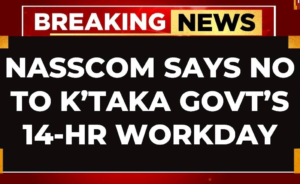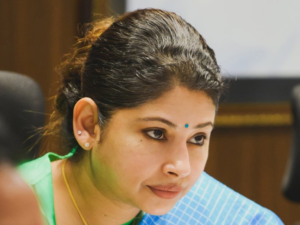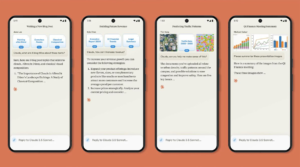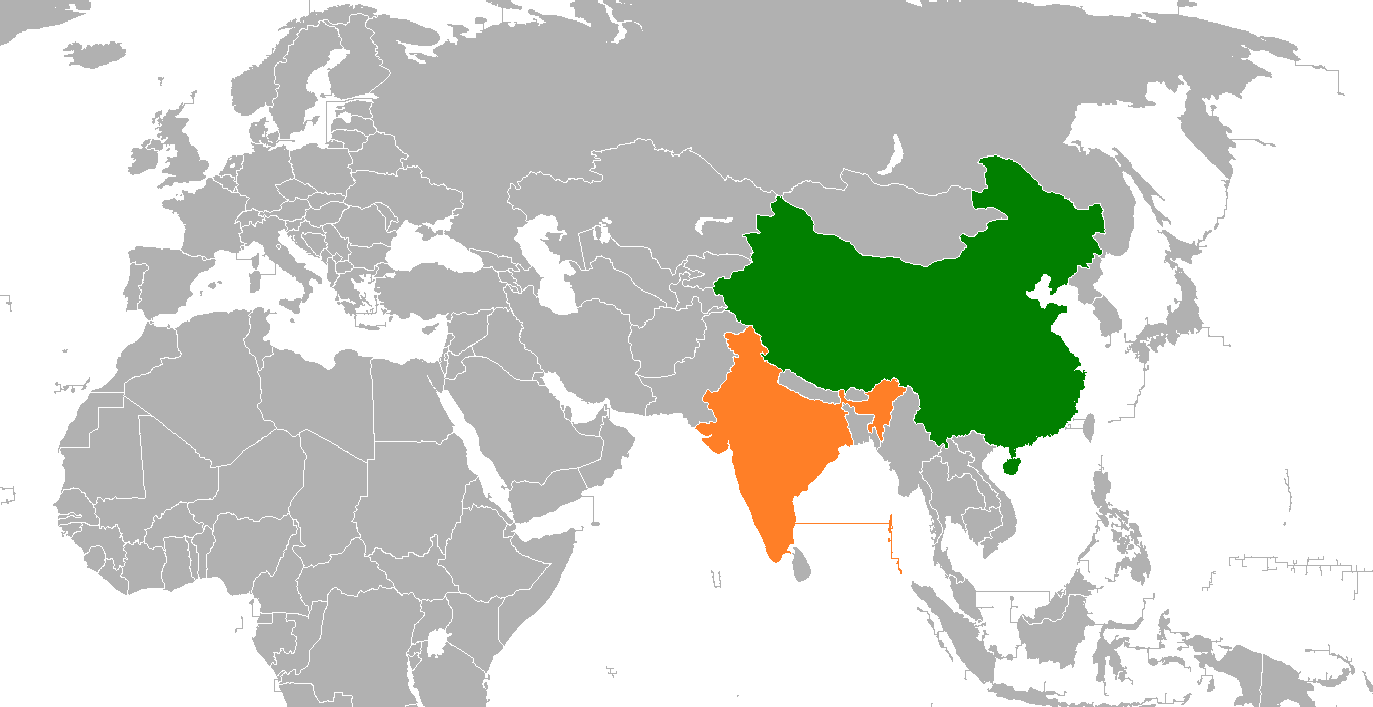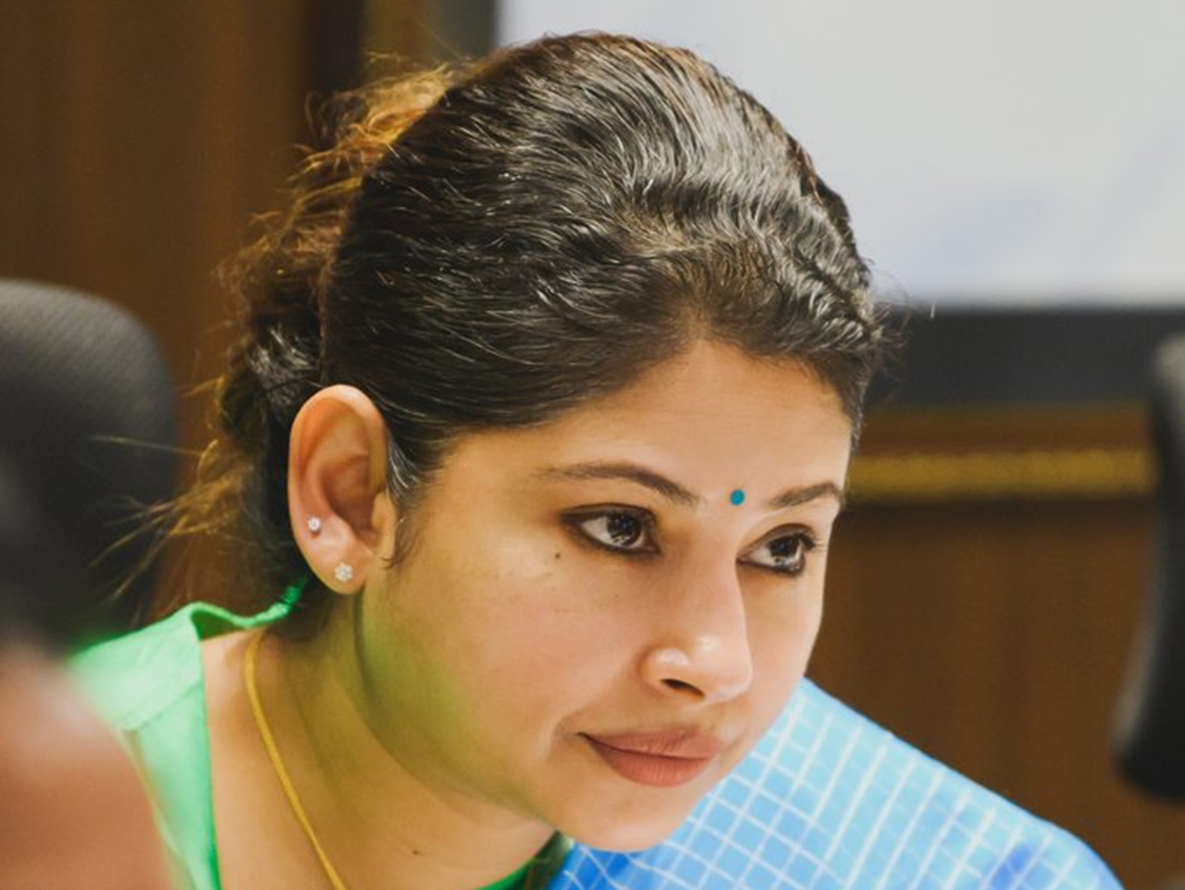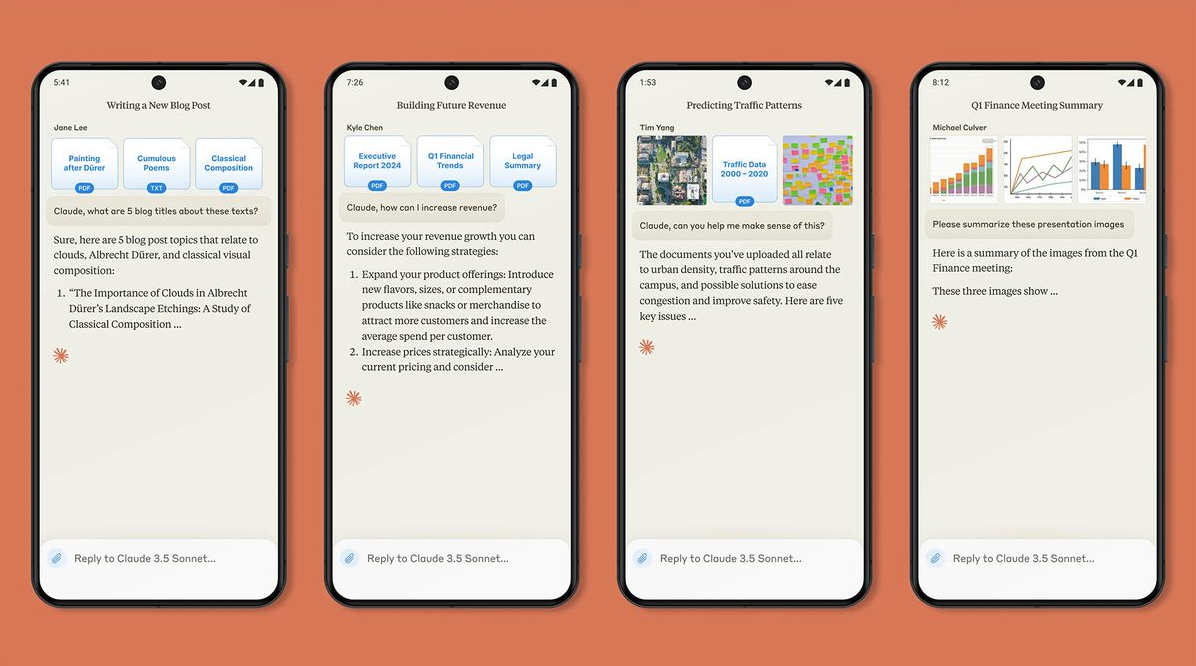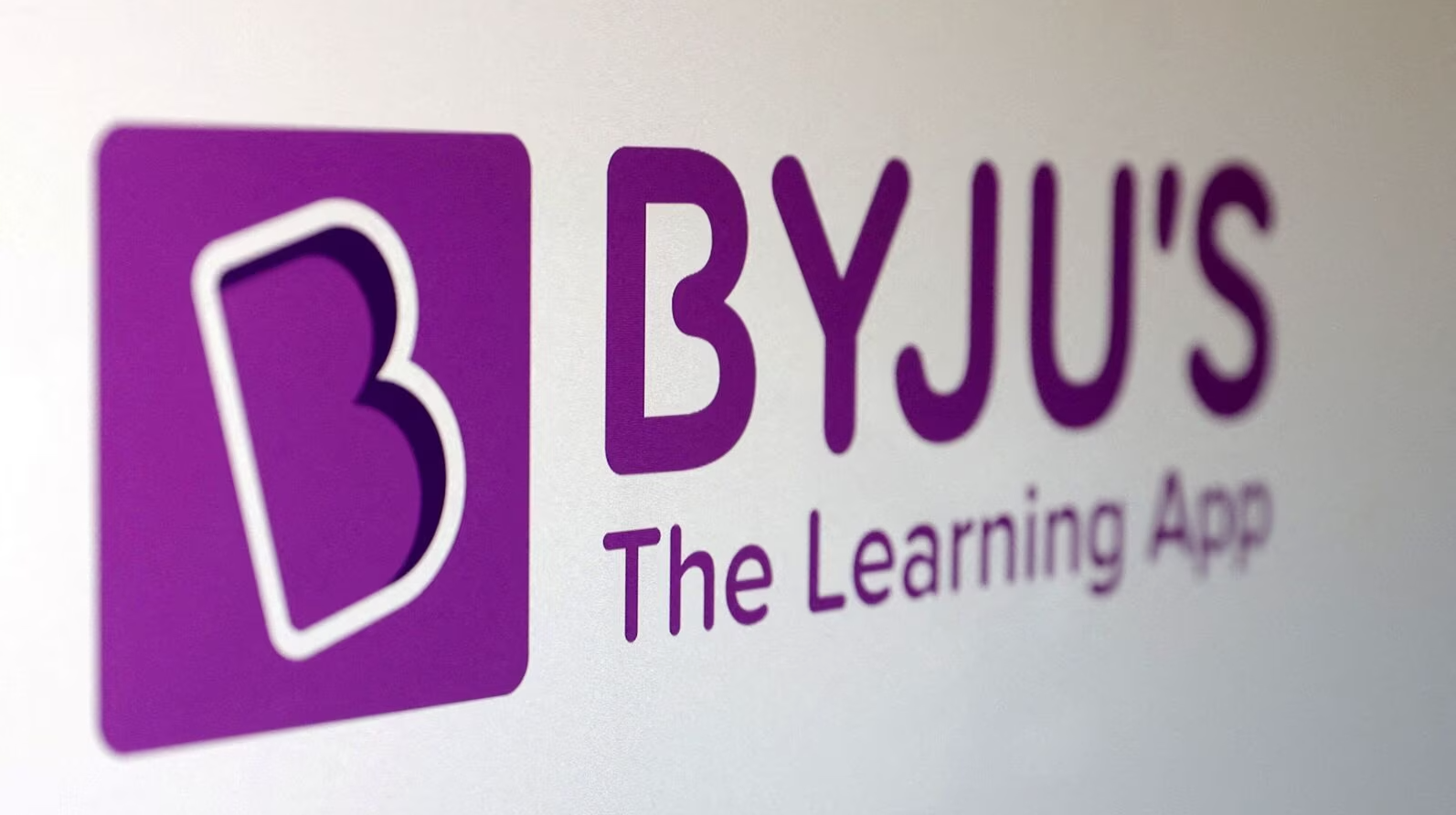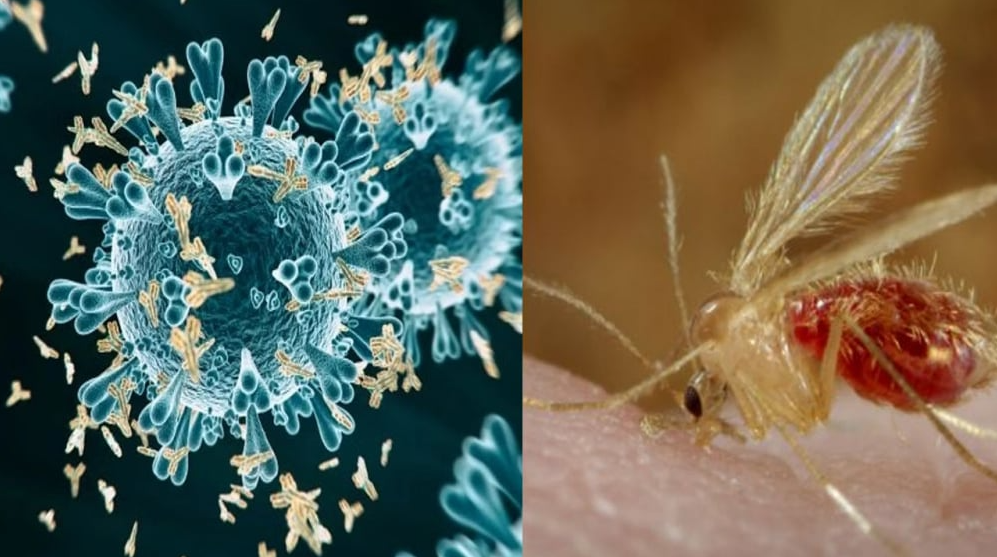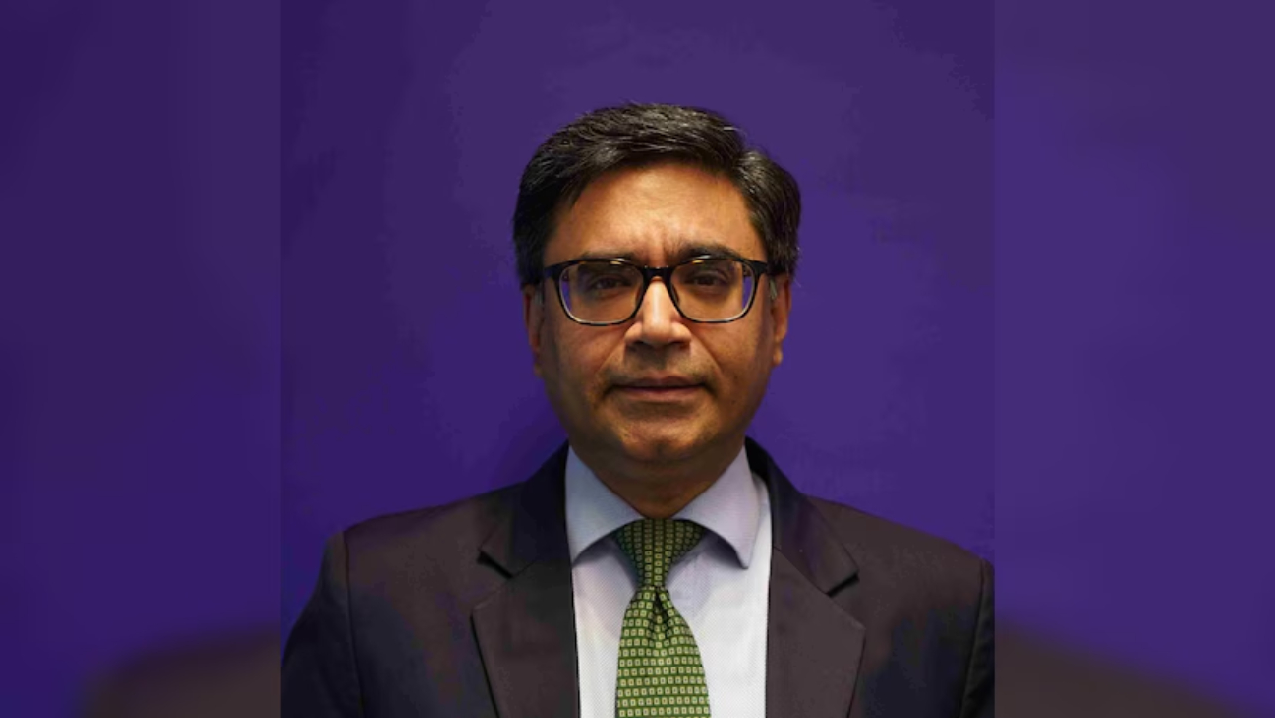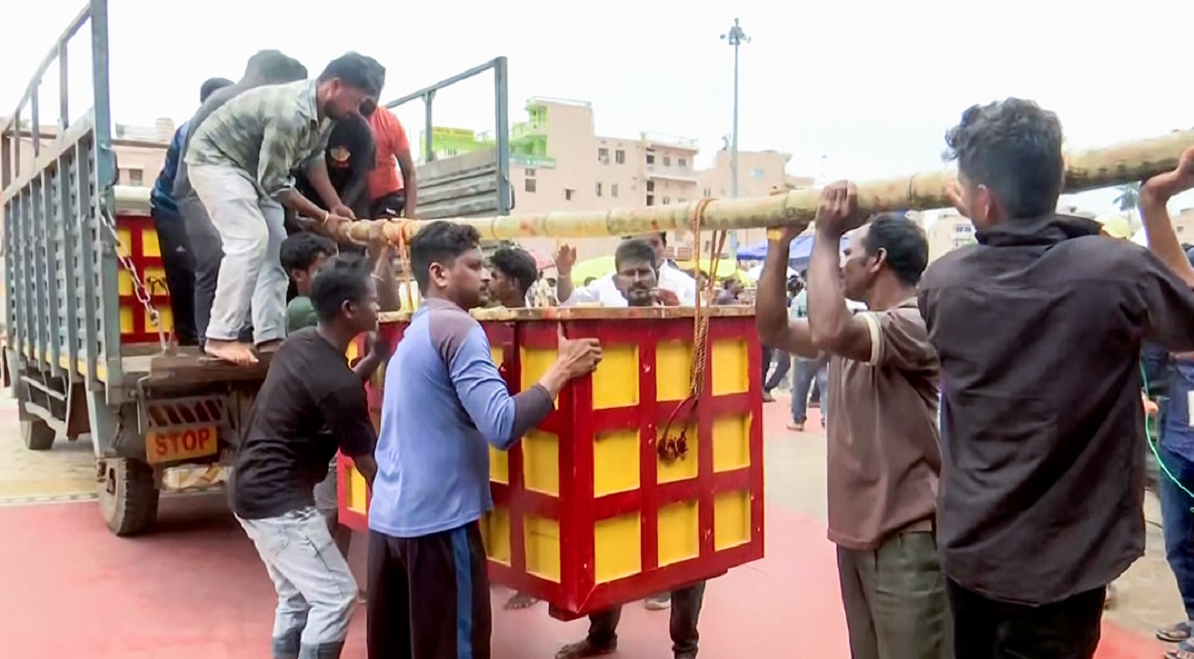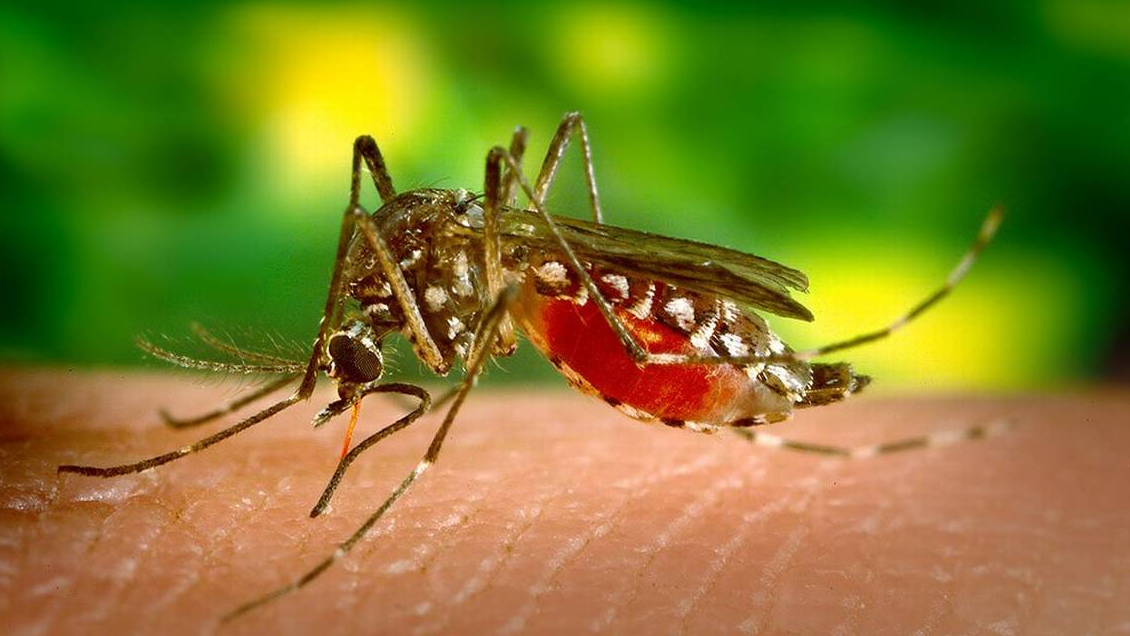Untreated high blood pressure (hypertension) in children poses significant risks, including damage to the heart, kidneys, and brain. A recent study conducted by researchers at McMaster University has shed light on the concerning long-term implications of high BP in children and adolescents. The findings suggest that young people diagnosed with hypertension during childhood and adolescence may face a fourfold increased risk of serious heart conditions, such as stroke and heart attack, later in life.
Key Findings from the Study on High Blood Pressure:
- Increased Risk: The study compared 25,605 children and adolescents diagnosed with hypertension between 1996 and 2021 in Ontario, Canada, to peers without the condition. The follow-up period of 13 years revealed that those with hypertension had a two to four times higher risk of experiencing heart attack, stroke, heart failure, or cardiac surgery compared to those without hypertension.
- Global Concern: Hypertension affects approximately one in every 15 children and adolescents worldwide. While less common than in adults, high blood pressure in children can have serious implications for their long-term health if left untreated.
- Contributing Factors: Several factors contribute to high blood pressure in children, including genetics, obesity, unhealthy diet, lack of physical activity, and certain medical conditions (such as kidney disease or hormonal disorders). Children from families with a history of hypertension are also at higher risk.
- Complications and Diagnosis: Untreated high BP in children can lead to various complications, including damage to the heart, kidneys, blood vessels, and brain. Diagnosing high blood pressure in children can be challenging due to variations in blood pressure readings based on age, height, and sex. Regular blood pressure screenings during routine pediatric visits are essential for early detection.
- Treatment and Prevention: Treatment for high blood pressure in children typically involves lifestyle modifications, such as adopting a healthy diet, increasing physical activity, and maintaining a healthy weight. In some cases, medication may be prescribed to help lower blood pressure levels1.
Takeaway:
High BP in childhood is a growing health concern, and early detection and management are crucial. Parents, caregivers, and healthcare providers should be vigilant about monitoring blood pressure in children to prevent long-term complications. Lifestyle changes and timely interventions can significantly reduce the risk of heart attack, stroke, and other cardiovascular diseases later in life1.
Remember, prevention starts early, and addressing hypertension during childhood can have a lasting impact on overall health and well-being.





